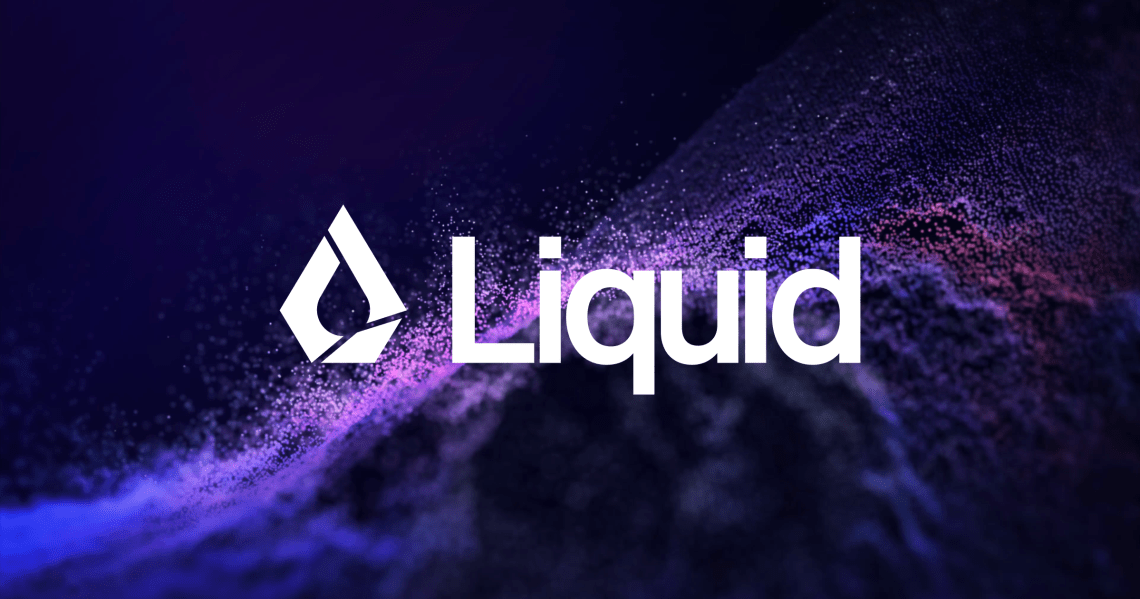Liquid AI is making waves in the artificial intelligence sector with a technology that could dramatically reduce energy consumption while maintaining high performance. As companies worldwide grapple with the environmental impact of AI, Liquid AI’s innovation offers a promising solution by utilizing a model inspired by the simple brain structure of a roundworm. This unique approach could address both the operational costs and the climate concerns associated with AI technologies.
Liquid AI’s model stands out because it requires significantly less electricity than traditional AI models, offering substantial cost savings for businesses. This efficiency is critical as global energy consumption by AI systems is projected to reach levels comparable to entire countries like Argentina or Sweden within a few years. By using a more compact model that operates efficiently on smaller devices, Liquid AI promises to keep operational costs low while still delivering powerful AI capabilities.
The potential applications for Liquid AI’s technology are vast. One of their demonstrations showcased a chatbot functioning independently on a smartphone, without needing internet connectivity, which not only cuts down on energy use but also enhances data privacy. Another model rapidly analyzed financial data to detect suspicious cryptocurrency trends, showcasing its potential in fintech and data analysis sectors.
However, transitioning to this new AI model presents challenges. Liquid AI faces the necessity of securing significant investment to scale its operations and prove its technology’s viability in real-world business environments. The company has already attracted attention and funding, but further support is crucial to compete with established AI giants.
For businesses, adopting Liquid AI’s technology could mean improving efficiency, reducing costs, and staying ahead in the competitive market by leveraging AI without compromising on energy consumption. As the technology matures, it could redefine the AI landscape, offering a sustainable alternative to the energy-intensive models currently in use. Business leaders should consider the long-term benefits of such innovations as they navigate the evolving technological landscape.
In conclusion, Liquid AI offers an exciting opportunity for businesses to harness AI’s power while mitigating its environmental and financial costs. As industries strive for sustainability, investing in energy-efficient AI solutions like those offered by Liquid AI could be a strategic move towards a more sustainable and profitable future.

